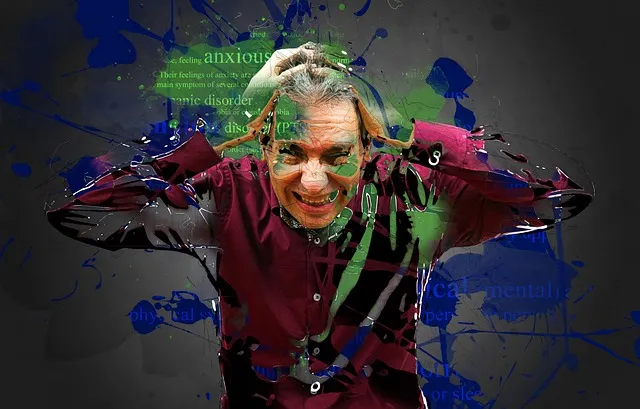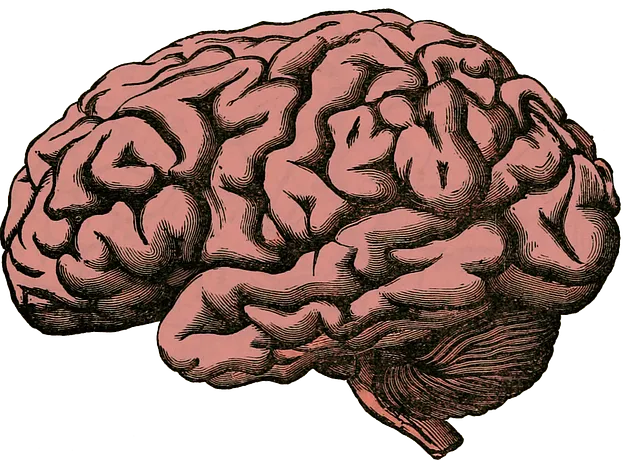Kaiser's inpatient mental health Longmont department prioritizes cultural sensitivity, recognizing that mental health is influenced by diverse cultural backgrounds. They offer specialized care combining medical treatment with empathy-building strategies and education, emphasizing a holistic approach. Through continuous training and initiatives like Stress Management Workshops, they foster an inclusive environment that respects varied cultural practices and perspectives. Cultural sensitivity ensures tailored care, improves patient outcomes, reduces stigma, builds trust, and avoids biases in treatment plans, making it a key driver for positive mental health outcomes.
“Cultural sensitivity is a cornerstone of modern mental healthcare, ensuring diverse patient populations receive tailored, effective treatment. This article delves into this crucial aspect, focusing on the Kaiser Inpatient Mental Health Program in Longmont as a model for culturally competent care. We explore challenges faced in providing sensitive services to varied backgrounds, presenting strategies to enhance cultural competence. Additionally, we examine the profound impact of cultural sensitivity on patient outcomes, highlighting its role in transforming mental healthcare.”
- Understanding Cultural Sensitivity in Mental Healthcare
- The Kaiser Inpatient Mental Health Longmont Program: An Overview
- Challenges in Providing Culturally Sensitive Care
- Strategies to Enhance Cultural Competence in Practice
- Impact of Cultural Sensitivity on Patient Outcomes
Understanding Cultural Sensitivity in Mental Healthcare

Cultural sensitivity is a cornerstone in mental healthcare practice, especially at facilities like Kaiser’s inpatient mental health Longmont department. It involves understanding and appreciating the diverse cultural backgrounds, beliefs, and values of individuals seeking treatment. This approach recognizes that mental health issues can be influenced by cultural factors, including traditional healing practices, family dynamics, and community support systems. By incorporating cultural sensitivity, mental healthcare professionals ensure their interventions are tailored to each patient’s unique context.
This consideration is crucial when navigating complex cases, as it can impact a patient’s perception of illness, willingness to engage in treatment, and expectations of care. For example, a patient from a different cultural background might require specific trauma support services or have preferences for crisis intervention guidance that align with their cultural traditions. The Risk Assessment for Mental Health Professionals plays a vital role here, guiding practitioners on how to assess and address these cultural nuances effectively while providing safe and inclusive care.
The Kaiser Inpatient Mental Health Longmont Program: An Overview

The Kaiser Inpatient Mental Health Longmont Program is a specialized facility within the renowned Kaiser healthcare network, offering comprehensive care for individuals dealing with severe mental health conditions. This program stands out for its holistic approach, combining medical treatment with empathy building strategies and mental health education programs design. Patients are supported through a range of therapeutic activities aimed at enhancing self-awareness exercises and fostering resilience.
The inpatient unit in Longmont is strategically designed to create a safe and nurturing environment where individuals can focus on their recovery. The program’s success lies in its commitment to cultural sensitivity, ensuring that care is tailored to meet the unique needs of each patient from diverse backgrounds. By integrating evidence-based practices with compassionate patient centered care, Kaiser Inpatient Mental Health Longmont Program strives to provide exceptional treatment outcomes and improve long-term mental well-being.
Challenges in Providing Culturally Sensitive Care

Providing culturally sensitive care within mental healthcare practices, such as those offered by Kaiser’s inpatient facilities in Longmont, presents unique challenges. One significant hurdle is the potential for language barriers and cultural differences to hinder effective communication between healthcare providers and patients. This issue demands specialized training and the availability of qualified interpreters to ensure accurate information exchange.
Additionally, healthcare provider cultural competency training plays a pivotal role in addressing biases and preconceptions that may influence treatment approaches. Mental health professionals must be equipped with knowledge about diverse cultural practices, beliefs, and expressions of distress to offer tailored support. Incorporating this training can facilitate more inclusive environments, enhancing the accessibility of services for all individuals, regardless of their cultural background.
Strategies to Enhance Cultural Competence in Practice

Cultural sensitivity is paramount in mental healthcare to ensure effective treatment and build trust with diverse patient populations. Professionals at Kaiser’s Longmont inpatient mental health facility recognize that understanding cultural contexts goes beyond basic training. They actively engage in ongoing education, incorporating strategies such as Stress Management Workshops Organization sessions that encourage practitioners to explore their own biases and learn about various cultural practices related to stress relief and wellness. Additionally, encouraging patients to participate in Mental Wellness Journaling Exercises Guidance can provide valuable insights into their unique perspectives on mental health and coping mechanisms. Fostering open dialogue around Positive Thinking practices from diverse cultural backgrounds helps create a safe space for expression and promotes holistic healing. These inclusive approaches not only enhance patient outcomes but also strengthen the overall mental healthcare environment, reflecting Kaiser’s commitment to culturally competent care.
Impact of Cultural Sensitivity on Patient Outcomes

Cultural sensitivity plays a pivotal role in shaping patient outcomes within mental healthcare settings, including facilities like Kaiser’s inpatient mental health Longmont department. By embracing cultural competency, mental health professionals can create an environment that is not only inclusive but also facilitates better understanding and effective treatment for individuals from diverse backgrounds. This approach recognizes the impact of cultural identity on mental illness expression and recovery, ensuring tailored support.
When healthcare providers are sensitive to cultural nuances, it leads to improved patient experiences and outcomes. For example, addressing the Mental Illness Stigma Reduction Efforts head-on through culturally informed practices can foster a sense of safety, encouraging patients to openly discuss their struggles. This openness is crucial for building trust and facilitating Self-Esteem Improvement. By understanding cultural perspectives on mental health, healthcare workers can avoid inadvertently perpetuating negative stereotypes or biases, thus enhancing the overall effectiveness of treatment plans.
Cultural sensitivity in mental healthcare is a critical aspect of providing effective and equitable care. As evidenced by the Kaiser Inpatient Mental Health Longmont Program, integrating cultural competence can significantly improve patient outcomes. By addressing challenges and implementing strategies to enhance cultural sensitivity, healthcare providers can create inclusive environments that respect diverse beliefs and backgrounds. Understanding these nuances is essential in ensuring every patient receives personalized care tailored to their unique cultural needs, ultimately fostering better mental health outcomes. The impact of this approach extends beyond the clinic walls, contributing to more vibrant and resilient communities.






